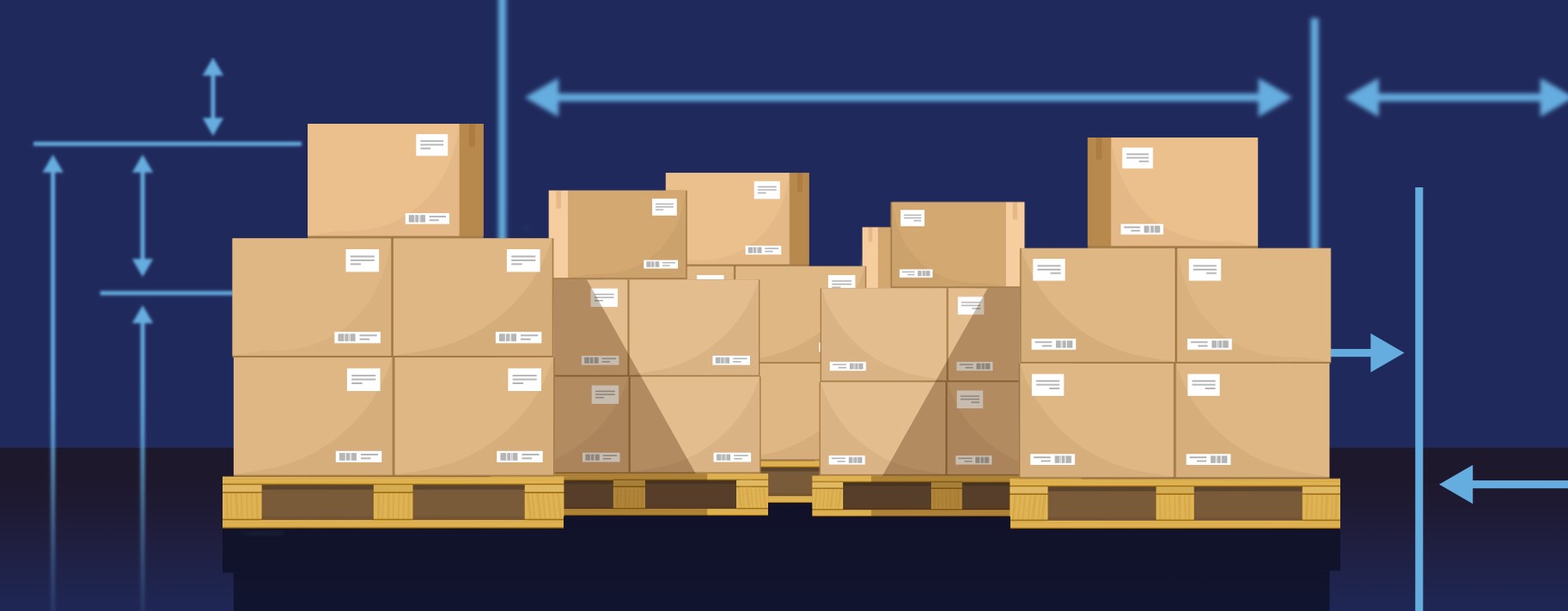
An LTL quote is based off product density and commodity type. So, when the shipment dimensions provided are inaccurate, so is quoted pricing.
Price differences aren’t necessarily drastic – ranging anywhere from $10 to a few hundred dollars per skid – but the more information provided upfront, the more accurate ratings will be and the better your organization can plan.
Get the best, most-accurate up-front pricing and mitigate added charges by being detail-oriented with your LTL freight dimensions, weight, and classification.
LTL Freight Quote and Reweighs
Reweighs are a common invoice issue in the freight industry. They occur when the weight on the bill of lading (BOL) does not match the gross weight of the shipment. When the carrier notices a discrepancy, they must reweigh, resulting in an additional charge to the shipper.
Most often, reweighs happen because shippers do not have certified scales large enough to accommodate their LTL freight and end up putting an estimated weight on their paperwork.
To avoid LTL freight reweighs, shippers should stop estimating and dial in on accurate weights and measurements. A shipment’s total weight is a major factor in its total price, so including inaccurate information could cause result in an inaccurate LTL quote.
Wrong Dimensions for LTL Orders
Estimating shipment dimensions doesn’t work for LTL quotes.
If a shipper says their pallets are “never higher than 90 inches” but send over orders that are only 60 inches high, they are missing out on potential savings. Even if a 60” and 90” pallet weigh the same, the rate for a 60″ pallet will be lower.
Rather than providing estimates or ranges, sending accurate dimensions for each order can prevent against inaccurate LTL quotes and added charges.
Commodity Type and NMFC
LTL freight is also classified by commodity type. Chip bags are much lighter and more fragile than steel car parts. The chips are therefore classed differently (higher) and cost more to ship. This standardized classification system is managed by the National Motor Freight Classification (NMFC).
It is essential that you provide an NMFC code when gathering LTL quotes. What you are shipping can directly impact the cost.
If you don’t know your commodity’s NMFC#, your 3PL partner can help identify it for you if they are provided with detailed information. For example, if your product is only identified as “popcorn” you may not be getting an accurate quote. Un-popped and popped popcorn are categorized differently, so again, details matter.
Classification is important because special rules apply to certain products – what it can/can not be shipped with, temperature, handling, etc. Being clear and upfront about commodity and requirements will help you gain more accurate LTL quotes.
Where You’re Shipping To and From
Special pickup or delivery instructions often come with added charges, and when not communicated upfront, result in altered final freight bills.
If going to a special location – airport, convention center, grocery warehouse, etc. – your shipment may be a different price than a traditional warehouse or commercial delivery.
Equipment required for delivery, such as a lift gate, or any location-specific instructions can alter the price. Sharing this information when gathering quotes can make the difference between an accurate and incorrect quote.
Do This for an Accurate LTL Quote
If you take one thing away from reading this, we hope it’s that you should include as many details as possible up front when sourcing LTL quotes. Having accurate dimensions, weights, and classifications is essential, and communicating any special instructions will help prevent against unexpected charges.
While accessorial fees aren’t altogether avoidable, you don’t have to be surprised by your final freight bill.
Need assistance with your LTL freight?
—
You May Also Be Interested in Reading
Freight Audit: Supplier Penalties and Accessorial Charges
List of Top 20 Accessorial Charges
Freight Costs: Breaking Down Less-Than-Truckload (LTL) Rates